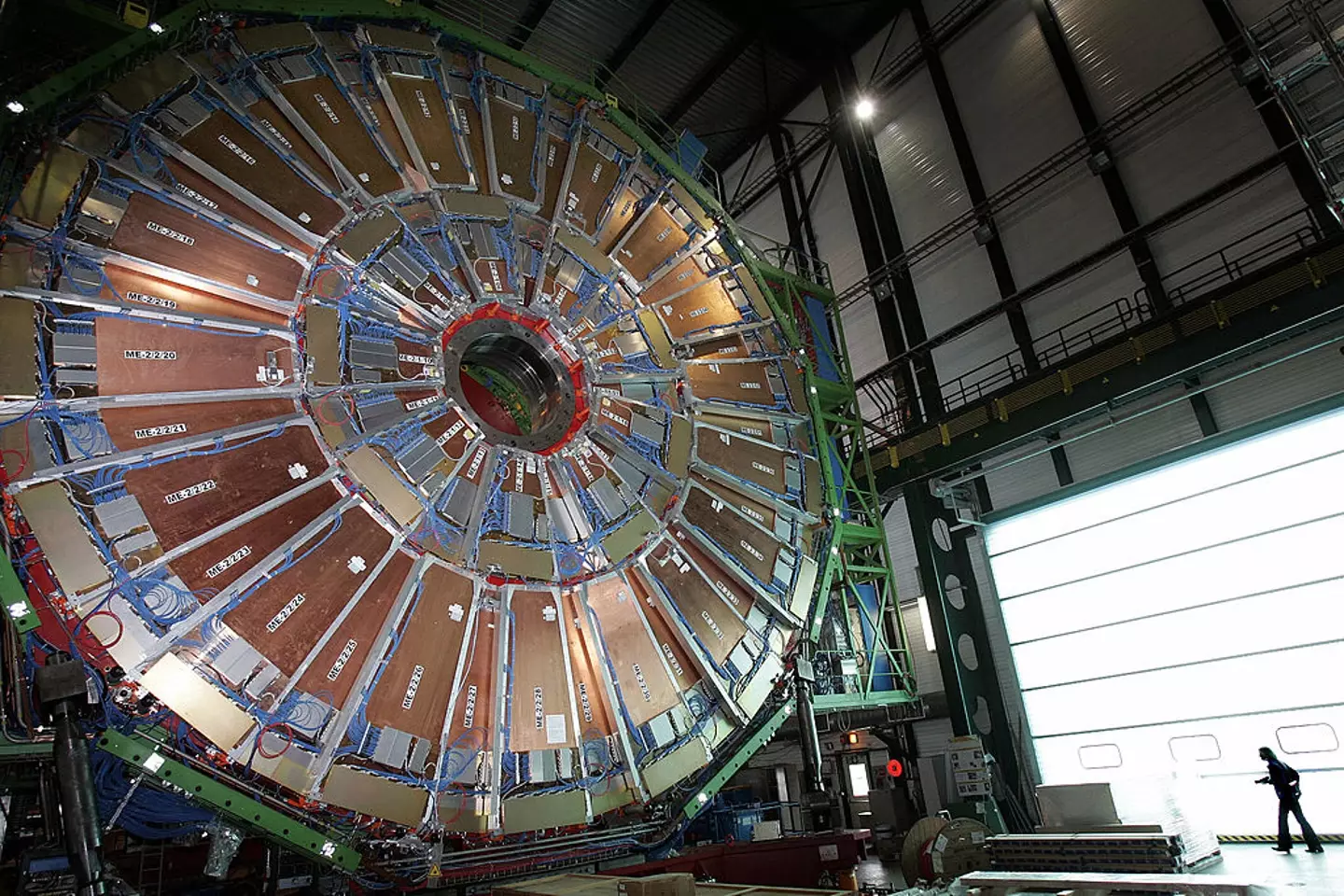
The most expensive item in the world is not gold or diamonds as you'd probably think.
It's in fact something far more difficult to produce and much more relevant to our planet.
According to Professor Michael Doser, a particle physicist, there is nothing more expensive in the universe than antimatter.
Although it doesn't sound real, 'it does exist', Doser told ABC.
What is antimatter?

Advert
Antimatter is considered the most expensive substance in the world, with an estimated cost of £49 trillion per gram.
It's made up of antiparticles, which are the mirror image of your normal particles.
Not to get too sciencey, but the counterpart of an electron is a positron. And the antiproton is the counterpart of a proton.
When antimatter comes into contact with matter, both annihilate one another in a burst of energy. That's why it's considered to be a theoretical energy source for spacecraft propulsion, as in rockets, as well as a trigger for nuclear reactions.
Professor Doser, who studies the properties of antimatter at CERN (European Council for Nuclear Research), said it's 'probably the most violent process you can think of because the full mass of the object disappears and transforms into energy'.
Why is it so expensive?

CERN's Large Hadron Collider causes high-energy particle accelerators to smash protons together at near-light speeds.
But only a tiny fraction of those collisions actually produce antimatter particles.
Apparently, only 10 nanograms of positrons have ever been produced and it could take 100 billion years at current rates to produce just one gram.
"One 100th of a nanogram [of antimatter] costs as much as one kilogram of gold," Professor Doser says.
So that works out to £49,000,000,000,000 for just one gram.
Why the Big Bang matters when it comes to antimatter

So, apart from explaining the origin and evolution of the universe, the Big Bang shouldn't have even happened, according to the professor.
He claims that if the Big Bang led to equal parts matter and antimatter forming, it would have caused an explosion and we wouldn't be here.
"We actually expect that the whole universe - since there was lots of energy around at the moment of the Big Bang - should consist of equal amounts of matter and antimatter," he said.
"The big surprise is that it doesn't. We want to study it to see why it's not here anymore and why the Universe isn't just empty."
Dosser explained: "One particle is left over out of a billion, and this one particle out of a billion is everything we see in the Universe. All the galaxies, the clusters of galaxies, the stars, the planets, us. We're the leftovers in this model."
Frightening stuff, I know.